Latest Stories
Latest News

To diversify the country’s economy, FAO offers support for Turkmenistan’s agrifood sector
11/12/2021
Turkmenistan is committed to reforming and strengthening the agriculture sector to meet national needs and withstand global challenges, and FAO stands ready to aid the country in this process. Today, as an important milestone, the two parties signed the C
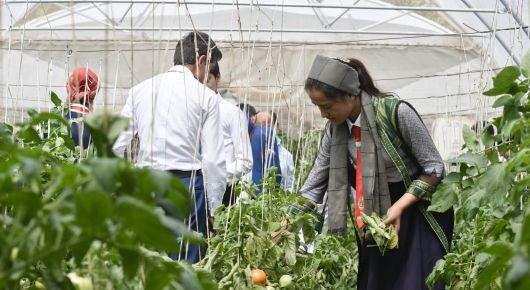
Europe and Central Asia seek ways to create new opportunities for rural youth
10/12/2021
In many places across the globe, rural communities are shrinking. Unemployment and rural poverty are among the key drivers of migration by youth, who are often searching for a more dynamic quality of life in urban areas or abroad.

Conference brings gender equality into Uzbekistan’s forestry sector
09/12/2021
Attended by a wide range of national and international experts, a conference on implementing the Strategy for Gender Equality in the Forestry System of Uzbekistan was organized in Tashkent by the Food and Agriculture Organization of the United Nations (FA
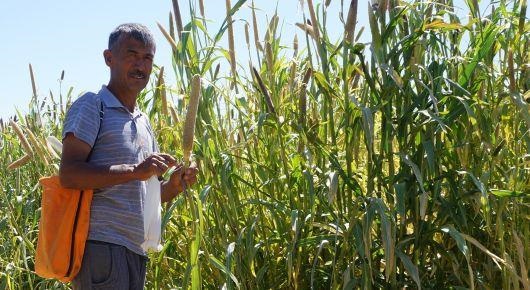
Digging deeper into the arid terrain of the world’s largest landlocked country
06/12/2021
How Uzbekistan’s farmers are overcoming soil salinity and water shortages
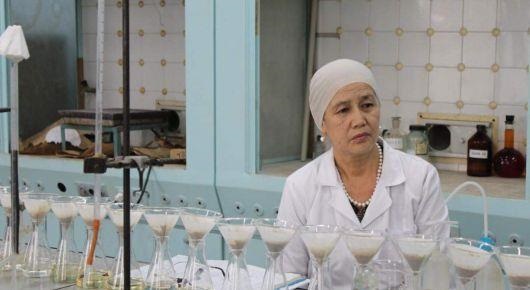
A life dedicated to the soil
02/12/2021
The contribution of Gulmira and everyone to counter soil degradation processes is celebrated annually on 5 December, World Soil Day.
It was her first employment right after school and a perfect match for a lifetime. Forty years have already passed and Gu
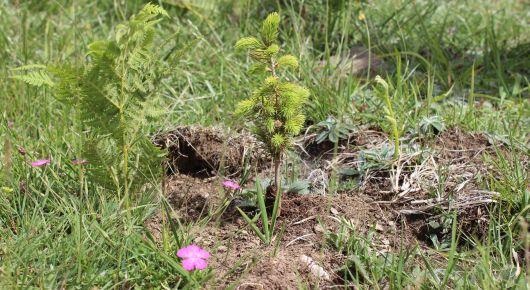
Joint FAO–UNECE sessions focus on future of European forests
29/11/2021
Protecting and restoring forests, as well as unlocking their potential to ensure livelihoods, green development, and a more sustainable outlook for humanity, were key points discussed during European Forest Week and Foresta2021 by the Joint Session of the
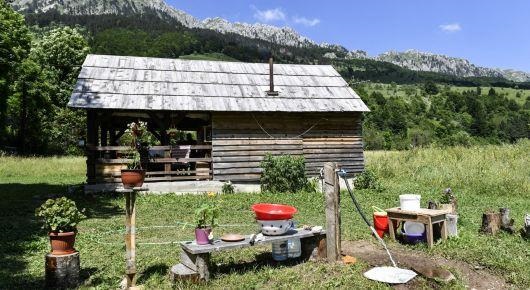
Montenegro learns to collect farm data in line with European standards
26/11/2021
FAO experts have been visiting farms across Montenegro this week, to collect up-to-date information and data to be fed into the Farm Accountancy Data Network (FADN) system.
Established by the European Union in 1965, the Farm Accountancy Data Network allo
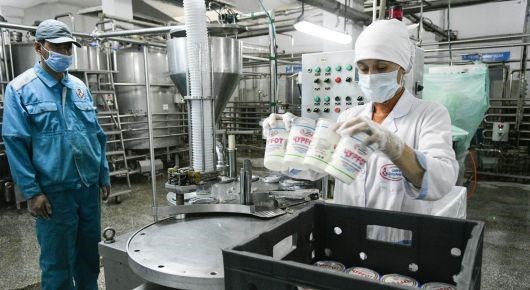
How can governments better prepare for and respond to a food safety crisis?
24/11/2021
A three-day regional workshop entitled “Preparing for emergencies: Food safety crisis management, response, and communication” starts today to support governments in their efforts to be ready for and handle future issues.
The workshop, convened in a virt
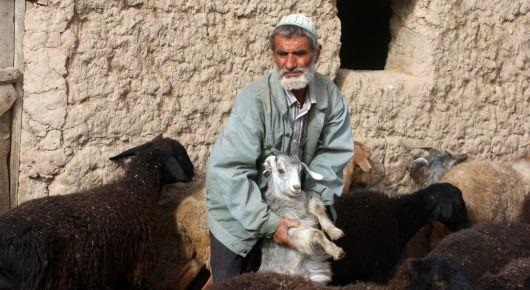
New platform to tackle human, animal, and environmental health challenges
22/11/2021
The first dialogue on the joint FAO-OIE-UNEP-WHO regional partner platform helps operationalize the One Health approach
With representatives of concerned parties in Europe and Central Asia, the first dialogue meeting of the One Health partner platform to
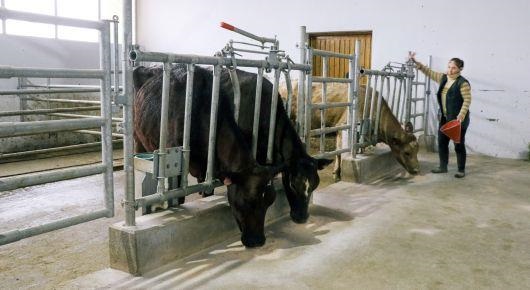
Use antibiotics effectively and responsibly in dairy production, FAO recommends
18/11/2021
Right animal husbandry practices can significantly reduce the need for antibiotic use and thus the threat of antimicrobial resistance (AMR). To this end, an FAO publication provides practical tips to cattle producers for improving animal health and hence


